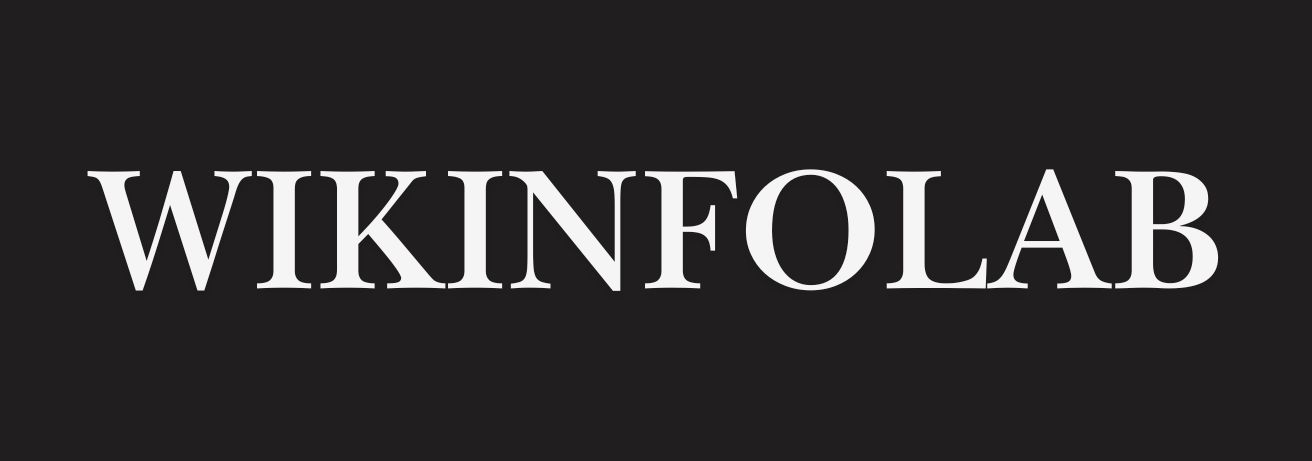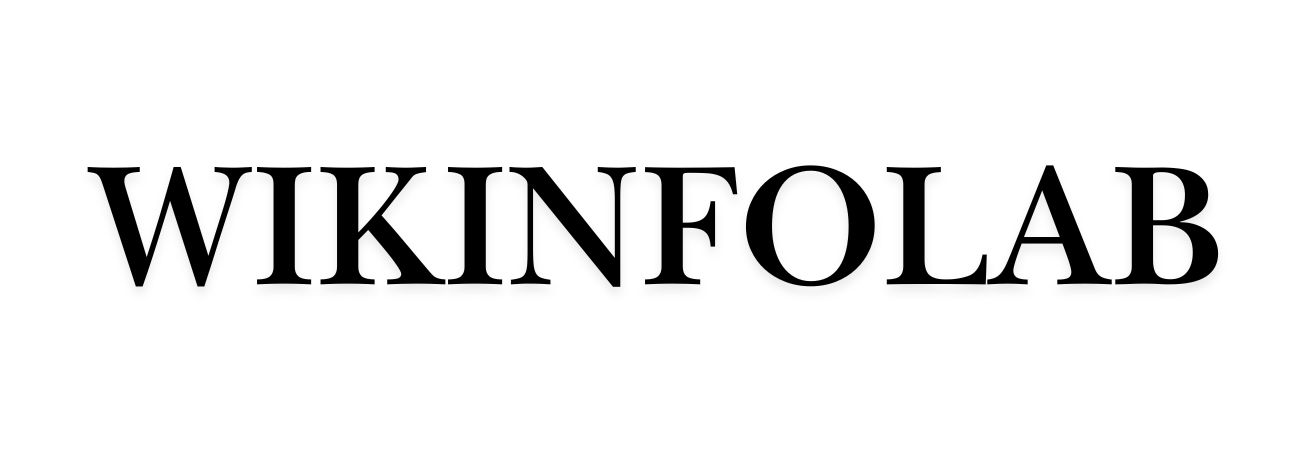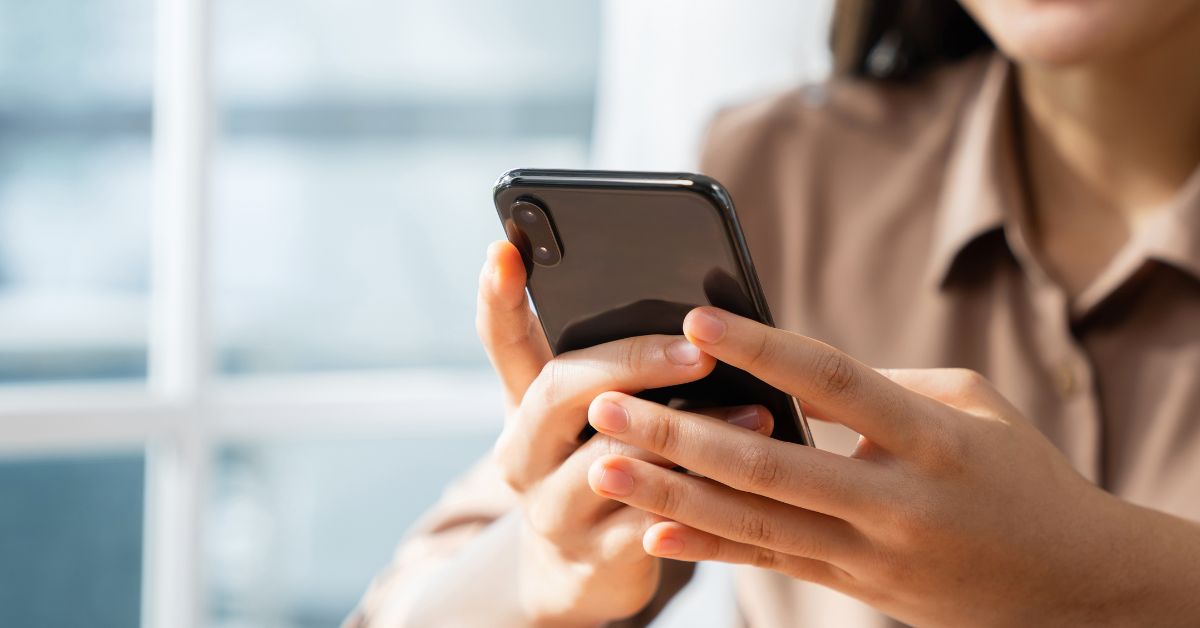Outline
- The Pull of the Feed: Why Social Media Feels Irresistible
- Week One: The Echo of Habit
- Week Two: The Return of Mental Space
- Week Three: Rediscovering Presence
- Week Four: Who Are You Without the Noise?
- Subtraction as a Form of Clarity
- FAQs
The Pull of the Feed: Why Social Media Feels Irresistible
Scroll. Like. Swipe. Repeat.
Social media platforms are engineered to feel indispensable. They tug at our need for connection, validation, and novelty. Every ping, every red dot, every swipe is a designed interaction, backed by behavioral psychology and algorithms that learn what keeps you coming back.
It’s not that we’re weak—it’s that these platforms are powerful. They transform idle moments into endless loops. They offer the illusion of productivity, the performance of identity, and the numbing of discomfort.
But what happens when you unplug?
Not for an hour. Not for a weekend.
For thirty days.
A full lunar cycle without the feed.
No likes. No stories. No endless scroll.
What happens is not just detox—it’s discovery.
Week One: The Echo of Habit
The first week feels like withdrawal.
Not in a dramatic, life-altering way—but in micro-movements. You reach for your phone out of habit. Your thumb hovers over the app that’s no longer there. You feel a subtle emptiness in moments you used to fill without thinking: waiting in line, lying in bed, walking alone.
This is the echo of unconscious behavior. You begin to notice just how often you sought stimulation, distraction, or a quick hit of relevance. You feel a strange silence—not outside, but inside.
And in that silence, a question surfaces:
What was I hoping to find there, really?
Week Two: The Return of Mental Space
Without a thousand voices filling your head, your mind begins to unclench.
You think longer thoughts. You finish more books. You sit in stillness without fidgeting. Your brain, no longer fed a diet of constant novelty, starts to settle.
Psychologists call this the return of deep focus—a state increasingly rare in a distracted world. You begin to realize how fragmented your attention had become.
You’re not just gaining time back. You’re reclaiming mental bandwidth.
And with it comes something unexpected: a lighter, quieter version of yourself.
Week Three: Rediscovering Presence
You start to notice the texture of your day. The sound of footsteps on pavement. The taste of your coffee. The cadence of conversation without the urge to check notifications.
You listen better. You observe more. You feel emotions without broadcasting them.
And perhaps most profoundly—you miss less.
Presence, it turns out, isn’t something you build. It’s something that returns once interference fades.
Without the need to curate your life for an audience, life begins to feel more like yours.
Week Four: Who Are You Without the Noise?
By now, something deeper has shifted.
You begin to notice that your thoughts are more your own. Your moods less influenced by strangers. Your self-image less entangled in feedback loops of likes and comparison.
You’re more creative. More centered. Less reactive.
You feel more whole, even if the world doesn’t know what you’re doing every moment.
What emerges is not just digital clarity—it’s personal clarity.
You realize:
I don’t have to be visible to feel valuable.
I don’t have to perform to be present.
And I don’t need a feed to be fed.
Subtraction as a Form of Clarity
Quitting social media for 30 days doesn’t solve everything. It doesn’t make the world quieter or your mind instantly serene.
But it reveals something rare and precious in a noisy world: what remains when nothing is pulling at you.
In that space, you remember who you are without the algorithm. You rediscover the shape of your own attention. And you begin to live not for visibility, but for authenticity.
Sometimes, the clearest answers come not from adding more—but from stepping away.
Subtraction isn’t loss. It’s clarity.
FAQs
Will I miss important updates or events?
You might miss some news—but the important things tend to find their way to you. Real relationships move beyond the feed. You’ll discover who reaches out and who matters most.
Is it better to quit all at once or reduce gradually?
It depends on your habits. A full break often creates deeper insight, while gradual reduction can help build long-term balance. Either way, intentionality is key.
What if I need social media for work?
Consider separating personal and professional use. Try using social media only on desktop, during specific hours, or through scheduling tools. Boundaries make a big difference.









